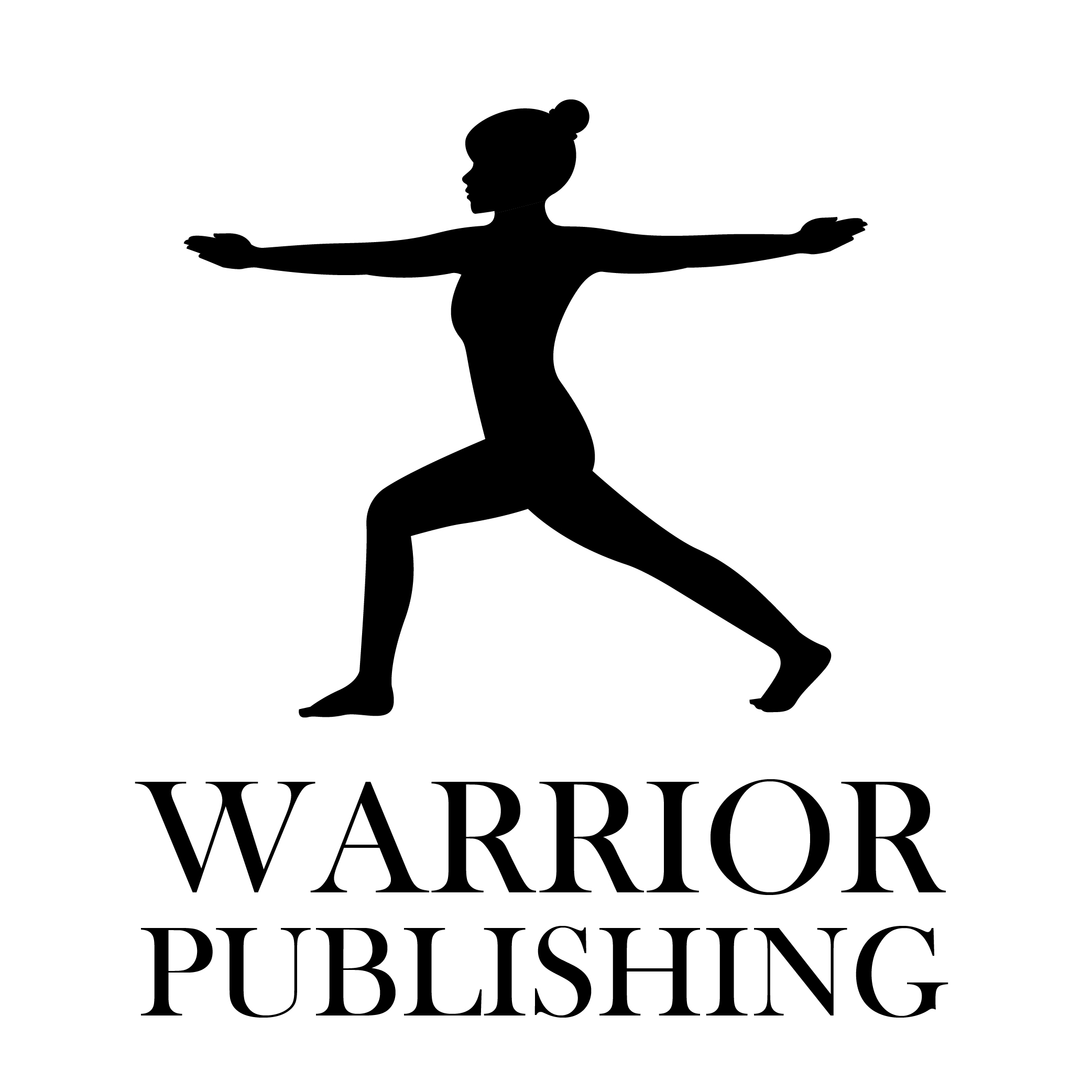We’ll examine the science behind the relaxation response, explore practical tools and exercises, and offer expert insights and additional resources for those seeking to reduce stress and promote relaxation.
What is the Relaxation Response?
When you’re stressed out, your body goes into ‘fight or flight’ mode. It’s like your body thinks it’s being chased by a lion or something! Your heart beats faster, you breathe harder, and your blood pressure goes up. But the relaxation response is the opposite. It’s like a big, comfy blanket that wraps around you and calms everything down.
This relaxation response thing was discovered by a smart guy named Dr. Herbert Benson from Harvard Medical School back in the 70s. He found out that you can trigger this response with stuff like deep breathing, relaxing your muscles, and meditating.
Now, you might be thinking, ‘Sounds cool, but does it actually work?’ Well, science says yes! Studies have shown that the relaxation response can help with all sorts of health problems. It can help people with fibromyalgia feel less anxious and depressed. It can boost the immune system of cancer patients going through chemo. It can even help keep your heart healthy by lowering blood pressure and improving blood vessel function.
Dr. Benson discovered that the relaxation response could be triggered through a variety of techniques, including deep breathing, progressive muscle relaxation, and meditation. But before we dive into strategy, let’s understand why and how this works.
The Science behind the Relaxation Response
Science isn’t just about lab coats and test tubes, it’s about understanding the world around us – and that includes our own bodies. When it comes to the relaxation response, science has a lot to say. You see, it’s not just about feeling all zen and peaceful. This stuff has real, tangible benefits for our health.
Take a gander at this: a study in the Journal of Alternative and Complementary Medicine (fancy, right?) found that the relaxation response can help folks with fibromyalgia feel less anxious and depressed. If you’ve ever known someone with fibromyalgia, you know that’s a big deal.
But wait, there’s more! Another study, this one in the Journal of Psychosomatic Research, found that the relaxation response can give a boost to the immune system of cancer patients going through chemo. Now, that’s a superpower if I’ve ever heard of one!
And let’s not forget about our hearts. We’ve all heard that stress is bad for your ticker, right? Well, the relaxation response is like a superhero swooping in to save the day. Research in the Journal of the American College of Cardiology found that the relaxation response can lower blood pressure and improve how our blood vessels work.
Now that you know that the relaxation response isn’t just about feeling good, it’s about doing good for your body too, you’re probably wondering, “how do I dive in?” That’s exactly where we’re going next.
Tools and Exercises for the Relaxation Response
There are many tools and exercises that can be used to promote the relaxation response. Here are a few examples:
Deep Breathing: This one’s as easy as pie. All you gotta do is find a comfy spot to sit or lie down, then take a big ol’ breath in through your nose, filling up your lungs with air. Hold it for a few seconds, then let it out slowly through your mouth. Do this for a few minutes, focusing on your breath and letting go of any tension each time you exhale. It’s like giving your body a mini vacation!
Progressive Muscle Relaxation: This one’s a bit more involved, but trust me, it’s worth it. Start by finding a comfy spot, then tense up the muscles in your feet and toes. Hold it for a few seconds, then let it all go and feel the relaxation wash over you. Work your way up your body, tensing and relaxing each muscle group. By the time you get to your head, you’ll feel like a wet noodle – in a good way!
Mindfulness Meditation: This one’s all about being in the here and now. Find a quiet spot to sit or lie down, then focus on your breath. If your mind starts to wander (and it will, those pesky thoughts!), just gently bring your attention back to your breath. It’s like a workout for your mind, helping you to stay focused and present.
So, there you have it – three simple techniques to help you tap into that relaxation response. Give them a try and see how you feel. Remember, these are practices, so don’t worry if it feels a bit weird at first, if it’s harder than you expected, or if it’s not perfect. You’ve got this!
Expert Insights on the Relaxation Response
Too often, we know something is good for us, but we don’t make time for it. We don’t take it seriously. We make excuses, saying we don’t have time or energy or that it’s too hard. I want you to reflect on these popular quotes about relaxation and consider your takeaways.
“The time to relax is when you don’t have time for it.” – Sydney J. Harris
“Tension is who you think you should be. Relaxation is who you are.” – Chinese Proverb
“Your mind will answer most questions if you learn to relax and wait for the answer.” – William S. Burroughs
“There is more to life than increasing its speed.” – Mahatma Gandhi
“Almost everything will work again if you unplug it for a few minutes, including you.” – Anne Lamott
Additional Resources for Activating the Relaxation Response
If you’re interested in learning more about the relaxation response and how to activate it, there are many resources available. Here are a few to get you started:
1) The Relaxation Response by Herbert Benson and Miriam Z. Klipper: This book provides an in-depth look at the relaxation response and offers practical tools and exercises for activating it.
2) Headspace: This app offers guided meditations and mindfulness exercises to help reduce stress and promote relaxation.
3) Yoga with Adriene: This YouTube channel offers a variety of yoga practices, including many that are specifically designed for relaxation and stress reduction.
Conclusion
The relaxation response is like a secret weapon for tackling stress, chilling out, and boosting your health and well-being. And the best part? You’ve got everything you need to activate it right at your fingertips.
All it takes is a few simple techniques – deep breathing, meditation, and progressive muscle relaxation. You can do them anywhere, anytime. Just find a quiet spot, get comfy, and give it a go.
But remember, Rome wasn’t built in a day. It might take a little time to get the hang of it, and that’s okay. Be patient with yourself, keep at it, and you’ll start to see the benefits before you know it.
And don’t forget, you’re not in this alone. There are loads of resources out there to help you on your relaxation journey. So, what are you waiting for? Get out there and start relaxing!
—————————-
Want me to speak to your organization about managing stress? Check out my keynote, “Make Stress Your Superpower.”
—————————-
Do you want to get my Burnout Checklist for free?
I’ve created a checklist to help you identify signs of burnout and steps to take to get immediate results. Curious?
Author

Dr. Sharon Grossman, AKA the Burnout Doc, is a clinically trained psychologist and subject matter expert in burnout and mental health. Associations and Fortune 500 companies hire her to be their closing keynote speaker, to help their members and executives crack the code on burnout, and create custom-tailored solutions for recovery.
Over the past 20 years, Dr. Sharon has been helping high achievers who are struggling with anxiety, overwhelm, and burnout go from exhausted to extraordinary by better understanding how their brain works and how they can design and run their programming on purpose to live the kind of life they want to live. She is the author of several books on burnout and mindset and host of the Decode Your Burnout podcast. Through her speaking, training, and coaching, she helps organizations keep their top talent.


Recent Comments